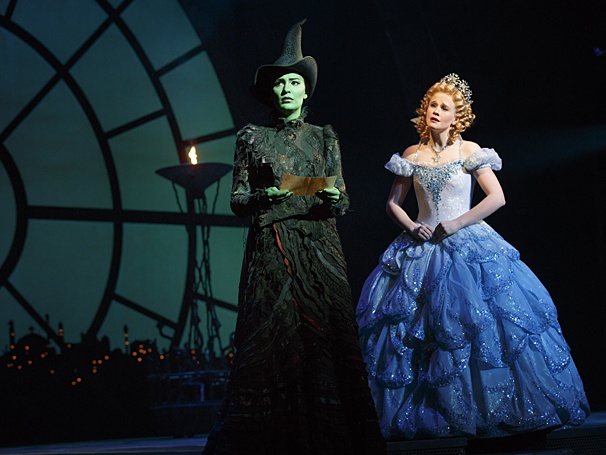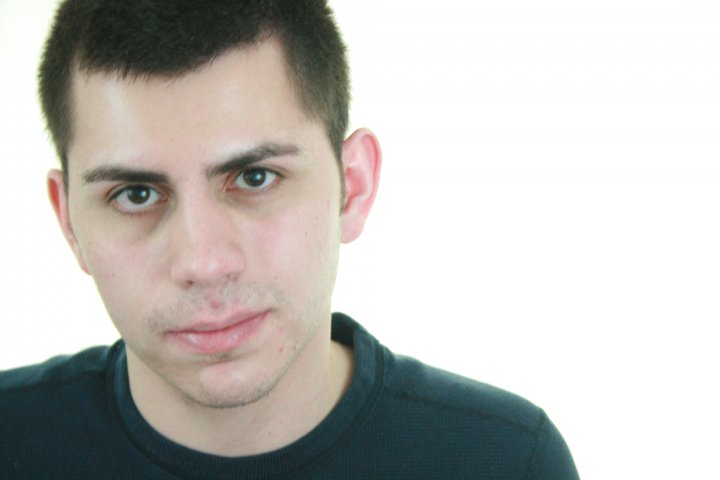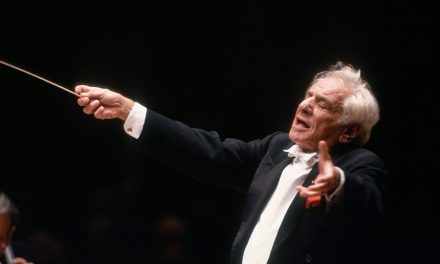“We have intimate audiences in March,” joked Louisville Orchestra CEO from the stage before last night’s concert. The several hundred of us gathered in Whitney Hall chuckled as we looked at the too-many empty seats scattered through the room. Sadly, the arts in contemporary America do not compete with allure of the arena. But, those who did attend last evening’s Hilliard Lyons Classics concert experienced one of the nation’s top orchestras at its best.
 |
| Pianist Seung-Un Ha |
Last night’s program opened with music director Jorge Mester and the Orchestra accompanying soloist Seung-Un Ha in Chopin’s Piano Concerto No. 1 in E minor, Op. 11. With this work and his concerto in F minor (composed the previous year) Chopin re-created the genre that had lain nearly dormant since Beethoven’s final piano concerto had been finalized more than two decades before. Chopin was a pianist-composer and as Mester pointed out during his pre-concert conversation the soloist could easily perform this work without benefit of an orchestra and you would never notice. As soloist for last evening’s performance, pianist Seung-Un Ha was absolutely mesmerizing. Chopin premiered this work himself in October, 1830 and created it as a vehicle for his own virtuosity. As a performer Seung-Un Ha is often described as an amalgam of silk and sinew. This is an apt description of her style which combines fluidity and precision with brilliant musicality. While I am in general a fan of the invisible performer who allows the music to take center stage I was fascinated by the added dimension created by the choreography in Seung-Un Ha’s subtle, balletic hand gestures as the moved across the keyboard. Despite the criticisms of Chopin’s orchestration, maestro Mester coaxed a gorgeous accompaniment from the players who engaged this work and brought its full potential to light.
If the first part of the program gave the Orchestra little to do, Mester more than made up for it after the interval with Shostakovich’s Symphony No. 8 in C minor, Op. 65. This is an organic plume of music that explodes with fortissimo octaves stylistically reminiscent of Beethoven’s C minor symphony (No. 5). Shostakovich famously wrote on multiple levels to appease the authoritarian Soviet regime while conveying the pain of repression felt by the Russian people. Subsequent to its 1943 premiere an unknown author affixed this interpretation to the first movement: The bitterness of existence under the yoke of tyranny. Subsequent movements carry equally bleak descriptions: The Fearful Individual caught in this living nightmare, The constant fear of a Knock at the door, Imprisonment, and finally Dreaming of Freedom. Far from offering the hope of freedom, however, Shostakovich ends with a sense of unrequited longing. This lack of optimism was problematic for the Soviet government at the time fighting the Axis on the western border. Following the Zhadonov decree of 1946 the eighth symphony was shelved until it’s rehabilitation in 1956.
Shostakovich’s Symphony No. 8 is a technical challenge for any orchestra that requires absolute precision, endurance, and technical proficiency. Mester and the Orchestra far exceeded these basic challenges giving a performance with a clear musical point of view. This symphony offers numerous opportunities for virtuosity and these were realized magnificiently by the musicians of the L.O. including concermaster Michael Davis, Acting principal cellist Peter McCaffrey, Marianne Peterson on English Horn, Principal Trumpet J. Jerome Amend, Principal Bassoon Andrew Cuneo, Donald Gottlieb on Piccolo, Principal Timpanist James Rago and the entire percussion section, led by Principal John Pedroja.
The Louisville Orchestra still has challenges to overcome, but speaking with Robert Birman at intermission I was assured that the L.O. is planning to finish the 2010-2011 season. The Classics season continues on April 1 at the Brown Theatre with music director Jorge Mester leading the Orchestra and soloist Julie Albers performing Dvorak’s Cello Concerto. Also on the program that evening will be Britten’s Soirees musicales and Elgar’s Enigma Variations.
Tonight Bob Bernhardt and the Louisville Pops join Steve Lippia for the Music of Frank Sinatra. That concert begins at 8 p.m. in Whitney Hall.
On Saturday, March 26 associate conductor Jason Weinberger and the Orchestra perform the Teddy Bear’s Guide to the Orchestra beginning at 11 a.m. at the Brown Theatre as part of the orKIDStra series, sponsored by YUM! Pre-concert activities will begin at 10 a.m.
To GET TICKETS and find out more about Louisville Orchestra performances call 502.584.7777 or go to LouisvilleOrchestra.org.




